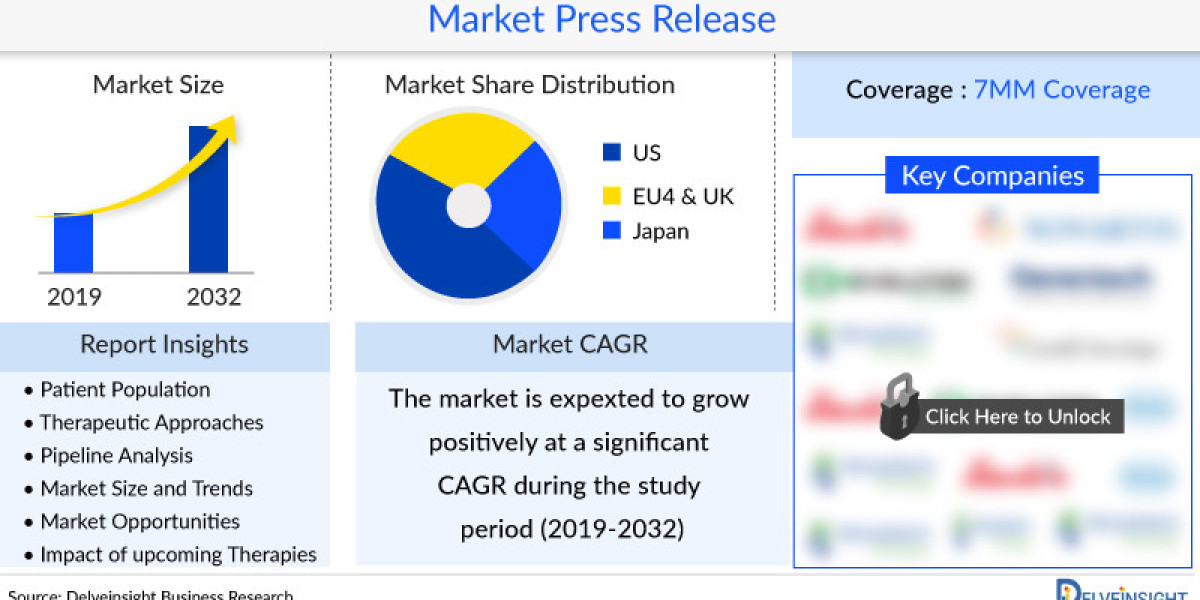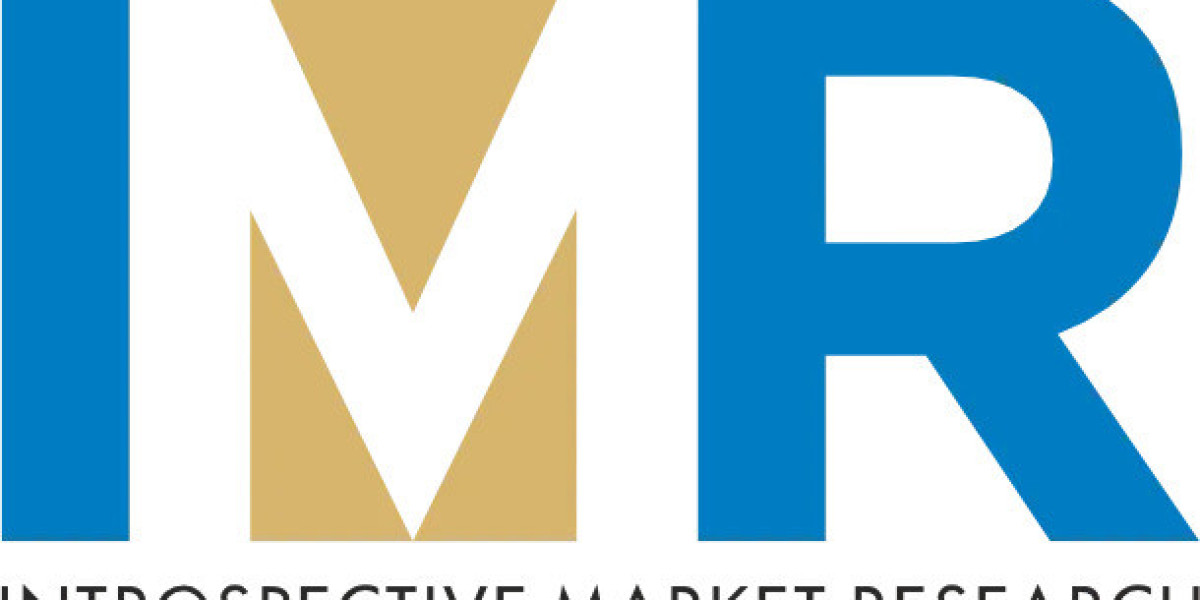This article provides an in-depth look at the trends, growth drivers, and future outlook for the myocardial infarction market, including the latest developments in prevention, diagnosis, and treatment options.
Market Trends
- Increasing Incidence of Myocardial Infarction The incidence of myocardial infarction continues to rise globally, particularly due to lifestyle factors such as poor diet, lack of physical activity, smoking, and alcohol consumption. Additionally, the aging population is at a higher risk for cardiovascular diseases, contributing to the growing burden of MI cases. As a result, the market for myocardial infarction treatments, including drugs, devices, and surgical interventions, is expected to grow in parallel with the increasing number of heart attack cases.
- Advancements in Diagnostic Tools The rapid advancement in diagnostic techniques has had a significant impact on the early detection and accurate diagnosis of myocardial infarction. Cardiac biomarkers, echocardiography, electrocardiograms (ECGs), and coronary angiography are becoming increasingly sophisticated, enabling healthcare professionals to detect MI at an earlier stage. Furthermore, artificial intelligence (AI) and machine learning are being integrated into diagnostic procedures, allowing for more accurate and timely diagnoses.
- Shift Toward Minimally Invasive Procedures Minimally invasive procedures, such as percutaneous coronary intervention (PCI) and stent placement, are now the preferred methods for treating MI. These procedures are associated with shorter recovery times, lower risks of infection, and reduced overall healthcare costs. The increasing preference for minimally invasive treatments is driving growth in the market, as they are less traumatic for patients and provide faster recovery times compared to traditional surgery.
- Introduction of Targeted Drug Therapies The development of targeted therapies for MI is revolutionizing treatment strategies. Drugs such as P2Y12 inhibitors (e.g., clopidogrel, ticagrelor) and glycoprotein IIb/IIIa inhibitors are being used to manage blood clotting, while newer classes of drugs, such as PCSK9 inhibitors, are emerging to manage cholesterol levels. Ongoing research into the molecular mechanisms of myocardial infarction is expected to yield more specialized drugs with fewer side effects and better patient outcomes.
- Increased Focus on Preventive Care As the global healthcare system shifts toward preventive care, there is growing emphasis on reducing the risk factors for myocardial infarction. Public health campaigns and initiatives promoting lifestyle changes, such as healthier diets, regular exercise, and smoking cessation, are helping to curb the incidence of MI. Additionally, there is an increased focus on screening for risk factors like hypertension, high cholesterol, and diabetes, allowing for early intervention before an MI occurs.
- Telemedicine and Remote Monitoring The use of telemedicine and remote monitoring technologies has gained significant traction in the management of myocardial infarction. With the rise of wearable devices that can monitor heart rate, blood pressure, and other vital signs, patients can now receive continuous care and monitoring, reducing the need for frequent hospital visits. This trend is particularly important for post-MI patients who require ongoing management and follow-up.
Request for sample report @ Myocardial Infarction Market
Growth Drivers
- Aging Population As populations in developed and emerging markets age, the prevalence of cardiovascular diseases, including myocardial infarction, is expected to rise. Older individuals are more prone to conditions such as hypertension, diabetes, and dyslipidemia, which are major risk factors for MI. The growing number of elderly individuals, particularly in developed countries, is a key driver of market growth.
- Rising Prevalence of Risk Factors The increasing prevalence of lifestyle-related risk factors, such as obesity, hypertension, diabetes, and smoking, is contributing to the growing burden of myocardial infarction. Urbanization, sedentary lifestyles, and poor dietary habits are leading to higher rates of cardiovascular diseases, which is subsequently fueling the demand for advanced therapies and interventions.
- Advances in Cardiovascular Research Ongoing research in cardiovascular medicine is driving the development of new and innovative treatments for myocardial infarction. Areas such as regenerative medicine, stem cell therapy, and gene therapy offer potential breakthroughs for repairing heart tissue damaged during an MI. Additionally, the discovery of new biomarkers and genetic risk factors is improving our understanding of MI, leading to better-targeted therapies and prevention strategies.
- Improved Healthcare Access in Emerging Markets Emerging markets, particularly in Asia-Pacific and Latin America, are seeing rapid improvements in healthcare infrastructure and access to treatment. As more people in these regions gain access to medical care, the diagnosis and treatment of myocardial infarction are becoming more prevalent. Additionally, the adoption of advanced diagnostic tools and treatment options in these markets is driving market growth.
- Government Initiatives and Funding Governments and healthcare organizations worldwide are increasing investments in the prevention, diagnosis, and treatment of cardiovascular diseases. Public health campaigns promoting heart health, funding for research into new treatments, and the establishment of national screening programs are helping to address the rising incidence of myocardial infarction. These initiatives are contributing to the growth of the market, particularly in high-risk regions.
- Rising Adoption of Advanced Cardiac Devices The development and adoption of advanced cardiac devices, such as stents, pacemakers, and implantable cardioverter-defibrillators (ICDs), are also driving the myocardial infarction market. These devices are used for both acute and long-term management of patients who have experienced a heart attack, providing critical support for heart function and improving survival rates. The market for these devices is growing as more patients with MI receive advanced therapeutic interventions.
Request for sample report @ Myocardial Infarction Market
Competitive Landscape
The myocardial infarction market is highly competitive, with numerous global and regional companies actively developing and marketing therapies for the treatment and management of heart attacks. Key players in the myocardial infarction market include:
- Bayer AG – A leader in the cardiovascular sector, offering anticoagulants and antiplatelet agents that help manage blood clotting during MI.
- Sanofi – Focused on cardiovascular medicines, including P2Y12 inhibitors like plavix and prasugrel.
- AbbVie – Known for its Venclyxto, used in conjunction with other medications to treat heart conditions post-MI.
- Medtronic – A major player in cardiac device innovation, offering devices like stents, pacemakers, and defibrillators.
- Boston Scientific – Manufactures innovative medical devices, including coronary stents and catheter systems, to support MI treatment and recovery.
- Amgen – Focused on cholesterol-lowering therapies, such as Repatha (evolocumab), which is beneficial for patients at high risk of MI.
Market Forecast
The myocardial infarction market is expected to grow significantly through 2034, with a CAGR of 5-6%. The growth will be primarily driven by advancements in diagnostic technologies, the increasing adoption of minimally invasive procedures, the development of new therapies, and the rising prevalence of cardiovascular risk factors globally. By 2034, the market for myocardial infarction treatment is projected to reach USD 30-35 billion.
Request for sample report @ Myocardial Infarction Market
Conclusion
The myocardial infarction market is experiencing significant growth, driven by an aging population, rising prevalence of cardiovascular risk factors, and advancements in medical treatments. The shift towards minimally invasive procedures, the development of targeted drug therapies, and the focus on preventive care are shaping the future of the market. With ongoing research and innovation in diagnostic tools and therapies, the outlook for the myocardial infarction market remains positive, offering opportunities for healthcare providers, pharmaceutical companies, and medical device manufacturers to meet the growing demand for effective heart attack treatments.
Latest Report Offered By DelveInsight:
Benefits Of Robotics In Healthcare | Lewy Body Dementia | Energy Based Aesthetic Devices Market | Ependymoma Market | Fertility Monitoring Devices Market | Germ Cell Tumor Market | Hernia Repair Devices Market | Hot Flashes Market | Implantable Cardioverter Defibrillators Market | Keloid Market | Orthopedic Power Devices Market | Pouchitis Market | Surgical Sealant Market | Transthyretin Amyloidosis Market | Vascular Graft Devices Market | Lip And Oral Cavity Cancer Market | Sinus Dilation Devices Market | Inguinal Hernia Market | Plaque Psoriasis Market | Plasmodium Vivax Malaria Market | Hdac Inhibitors Market | Peritoneal Dialysis Equipment Market | Adenosine Deaminase-severe Combined Immunodeficiency Market | Bone Resorption Market | Pelvic Inflammatory Disease Market















